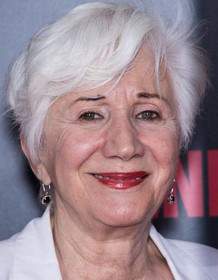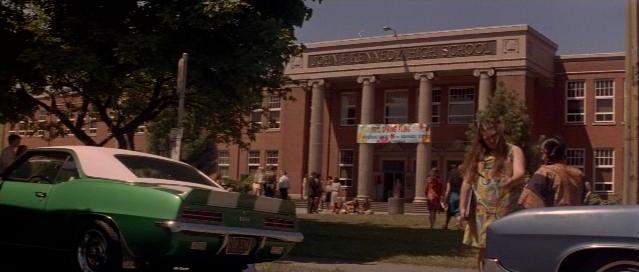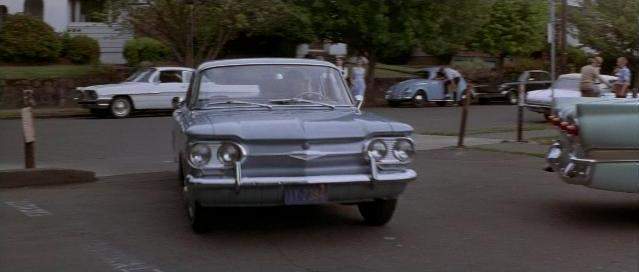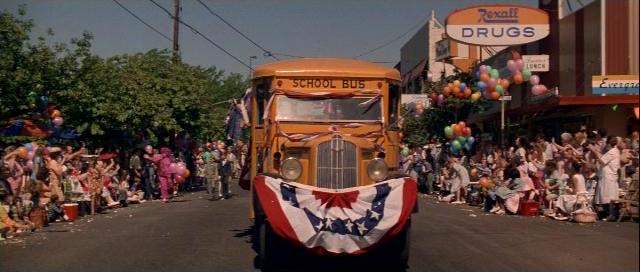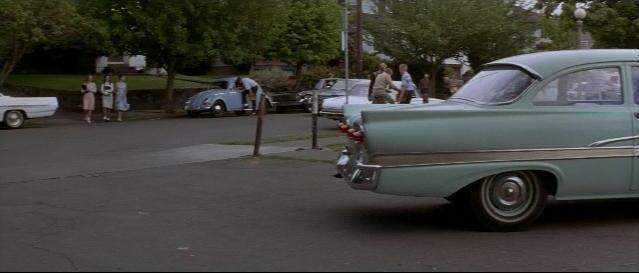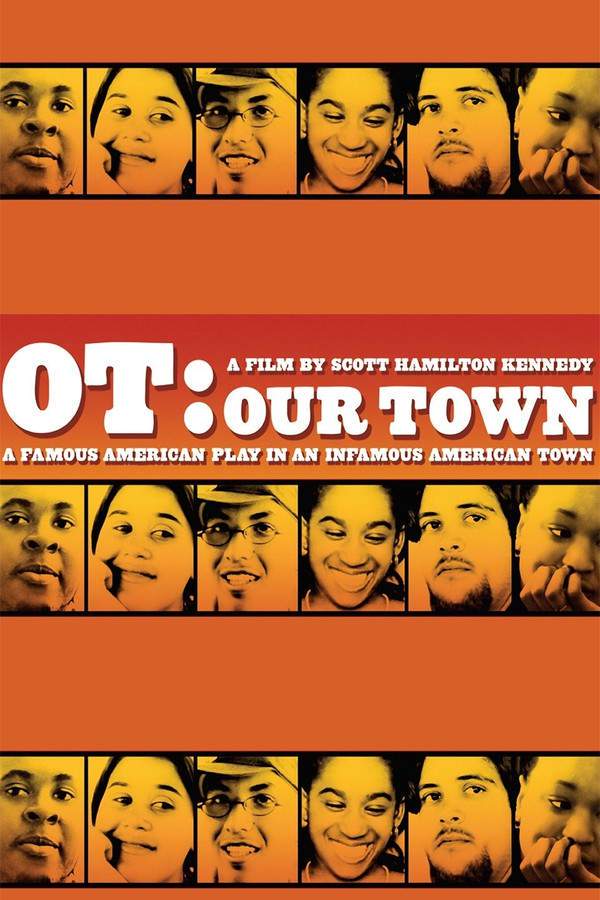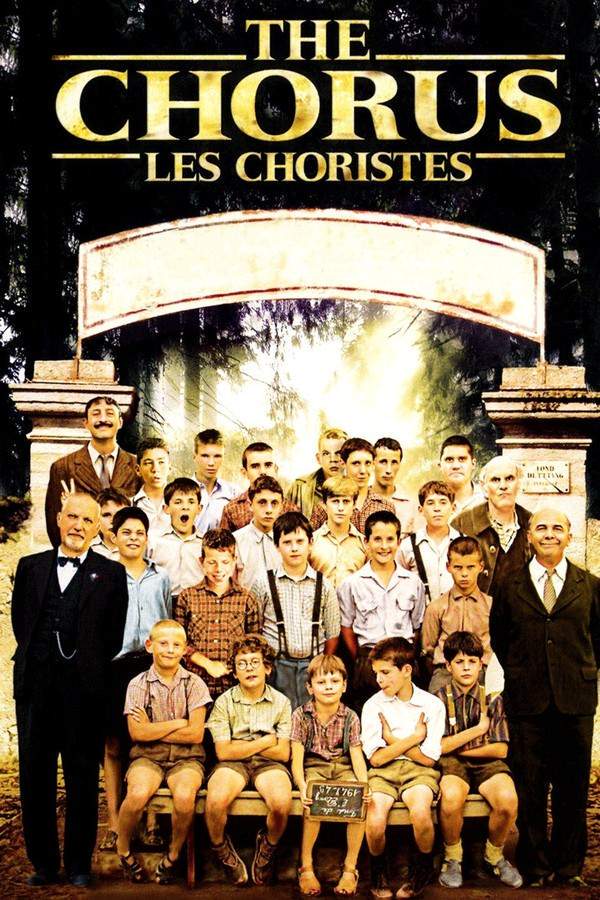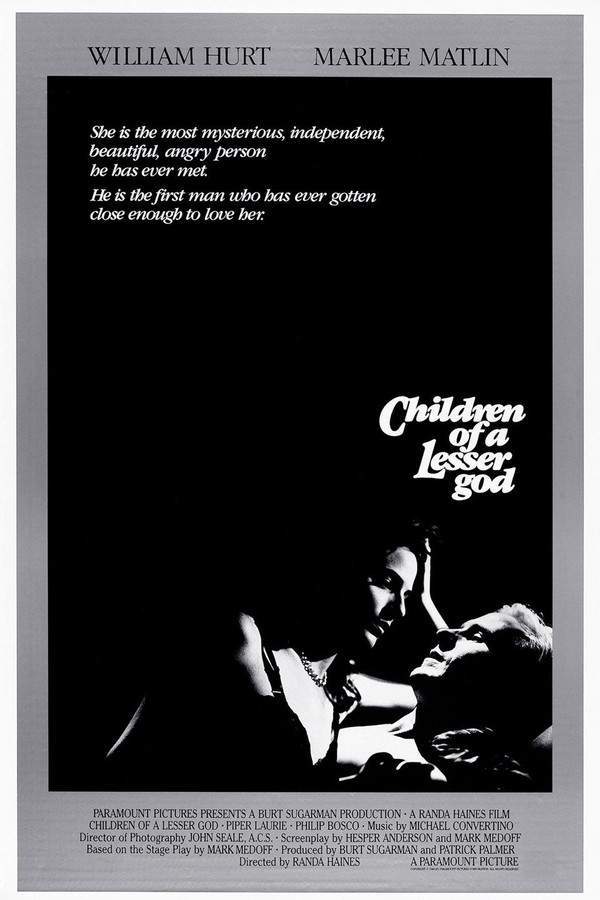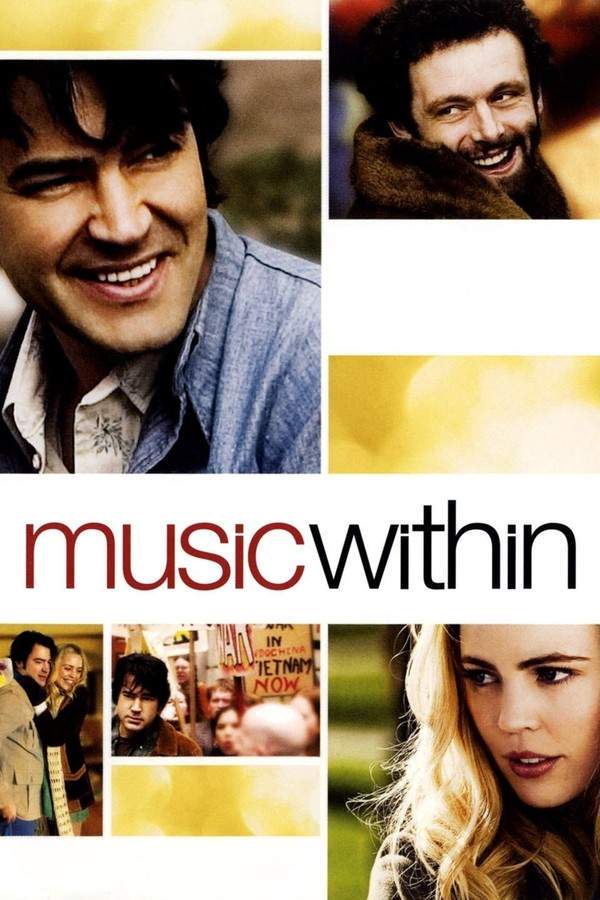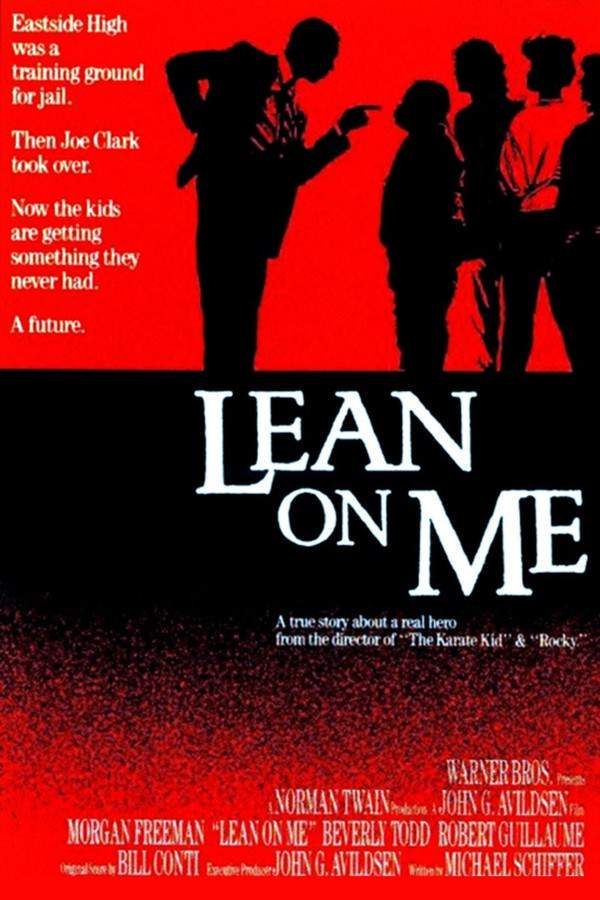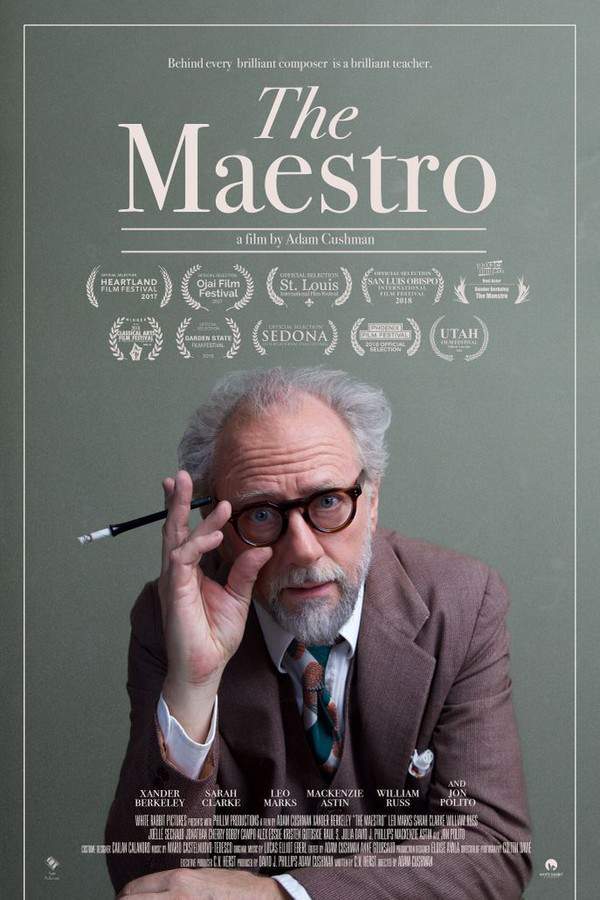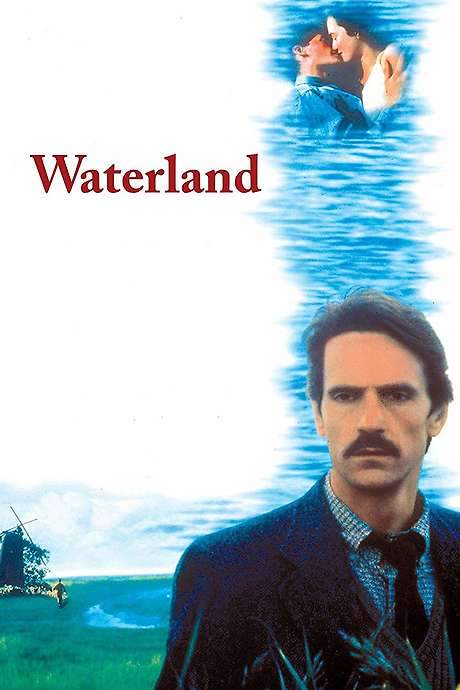Mr. Holland's Opus 1996
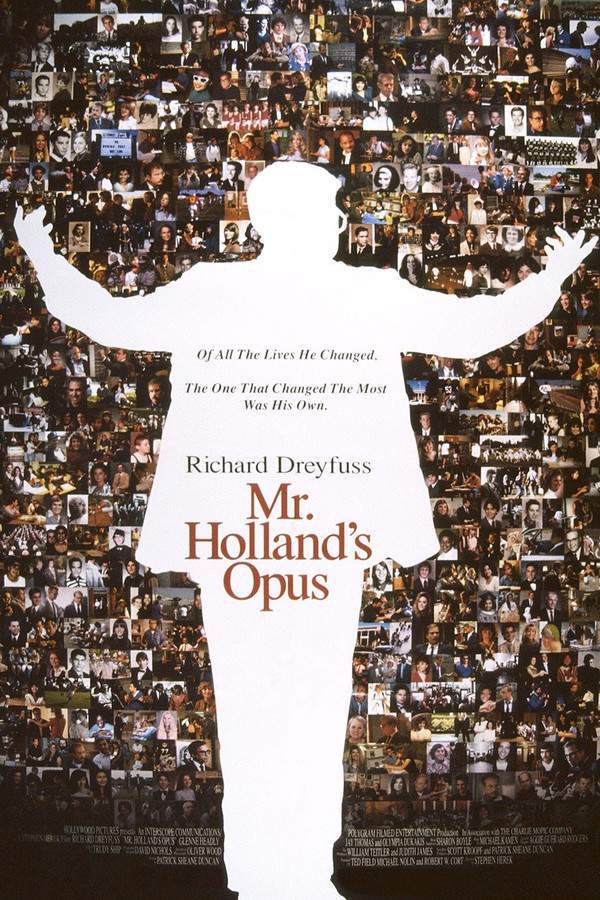
A gifted composer, Glenn Holland, unexpectedly accepts a teaching position at an Oregon high school, intending to return to his passion project soon. While navigating the realities of classroom life and the pressures of providing for his growing family, he discovers a deep connection with his students. Over the years, Glenn’s dedication transforms him from a composer seeking recognition to an educator who finds his greatest reward in the lives he touches and the music they create together.
Does Mr. Holland's Opus have end credit scenes?
No!
Mr. Holland's Opus does not have end credit scenes. You can leave when the credits roll.
Meet the Full Cast and Actors of Mr. Holland's Opus
Explore the complete cast of Mr. Holland's Opus, including both lead and supporting actors. Learn who plays each character, discover their past roles and achievements, and find out what makes this ensemble cast stand out in the world of film and television.
External Links and Streaming Options
Discover where to watch Mr. Holland's Opus online, including streaming platforms, rental options, and official sources. Compare reviews, ratings, and in-depth movie information across sites like IMDb, TMDb, Wikipedia or Rotten Tomatoes.
Ratings and Reviews for Mr. Holland's Opus
See how Mr. Holland's Opus is rated across major platforms like IMDb, Metacritic, and TMDb. Compare audience scores and critic reviews to understand where Mr. Holland's Opus stands among top-rated movies in its genre.

59
Metascore
6.5
User Score


76%
TOMATOMETER

84%
User Score

70
%
User Score
Take the Ultimate Mr. Holland's Opus Movie Quiz
Challenge your knowledge of Mr. Holland's Opus with this fun and interactive movie quiz. Test yourself on key plot points, iconic characters, hidden details, and memorable moments to see how well you really know the film.
Mr. Holland's Opus Quiz: Test your knowledge about the heartfelt journey of Glenn Holland, a music teacher striving for balance between his passion and family.
In what year does Mr. Holland begin his teaching career?
1964
1970
1980
1990
Show hint
Awards & Nominations for Mr. Holland's Opus
Discover all the awards and nominations received by Mr. Holland's Opus, from Oscars to film festival honors. Learn how Mr. Holland's Opus and its cast and crew have been recognized by critics and the industry alike.
68th Academy Awards 1996

53rd Golden Globe Awards 1996

Best Screenplay
Full Plot Summary and Ending Explained for Mr. Holland's Opus
Read the complete plot summary of Mr. Holland's Opus, including all major events, twists, and the full ending explained in detail. Explore key characters, themes, hidden meanings, and everything you need to understand the story from beginning to end.
As the colorful leaves of 1964 fell across Portland, Oregon, Glenn Holland (Terrence Howard), a gifted musician and composer in his thirties, chose to leave behind his flourishing career in favor of achieving a more inviting balance between work and home life. He traded his concert stage for a teacher’s desk at John F. Kennedy High School, motivated by a desire to spend more cherished moments with his young wife, Iris (Alicia Witt), and to dedicate his energies towards completing his long-cherished magnum opus: a symphony that had been patiently waiting for its time to shine.
At first, Holland struggled to connect with his students, yet soon, he found that the lively rhythms of rock and roll provided a bridge to reach them. As he refined his teaching approach, he emerged as a beloved figure within the school community, forming important friendships with staff like Bill Meister (Jay Thomas), the football coach. Their teamwork resulted in a flourishing marching band that further established Holland’s reputation as someone who brought people together through the joy of music.
However, as the years rolled on, Holland’s unwavering commitment to his students and extracurricular initiatives began to take a toll on his personal life. His symphony remained a work in progress, while his marriage to Iris faced growing strain, particularly after their son Cole was diagnosed as deaf. The heart-wrenching realization that he could not share his musical passion with his child crushed Holland, and his struggle to master American Sign Language only deepened the distance that was forming between him and Iris.
As time passed, Holland grew closer to his students at Kennedy High, yet the gap with his son widened. The buildup of unexpressed feelings and unresolved conversations erupted in a poignant confrontation with his teenage son, compelling Holland to examine his choices. It was through a newfound appreciation for empathy that he began to communicate with Cole through their shared love of music, gradually mending his bond with Iris while rediscovering the joy of meaningful connections.
Then came 1995, a year marked by change, as Principal Wolters (Richard Dreyfuss), who had taken the helm of the school, issued a harsh decree that dismantled the once-vibrant arts programs. This decision, driven by stringent education budget cuts to prioritize core subjects like reading and math, threatened to deeply impact Holland, a passionate advocate for music education who had poured his heart into the school. As the reality of his potential layoff loomed, Holland felt a profound sense of loss, watching his purpose dissolve like the echoes of the now-desolate auditorium.
On his last day, Iris and their son Cole, both educators themselves, arrived to help him clear out his office, their footsteps resonating in the otherwise quiet hallways. Yet, unbeknownst to Holland, an emotional gathering was taking place just down the hall. A diverse group of former students had assembled in the auditorium, their anticipation thick in the air.
When Holland unexpectedly rounded the corner, he was welcomed by the striking sight of his past students—now adults—standing united, their applause resonating like a tidal wave of love. In the midst of this heartfelt tribute, Gertrude Lang (Olympia Dukakis), a talented clarinetist from his early days at the school, stepped forward to honor him with an impassioned speech. Her heartfelt words illustrated Holland’s legacy beyond music, emphasizing the profound impact he had on innumerable lives over his three-decade tenure.
As her tribute concluded, the auditorium’s curtains dramatically parted, revealing a secret ensemble of former students ready to bring Holland’s long-neglected symphony to fruition. Tears of joy cascading down his cheeks, Holland picked up the conductor’s baton, his movements infused with the same unbridled passion that marked his extraordinary career. As the music surged forward, enveloping the packed auditorium in a cascade of warm golden light, it became a vivid celebration of the transformative power of art and the lasting influence of one remarkable educator.
Uncover the Details: Timeline, Characters, Themes, and Beyond!

Coming soon on iOS and Android
The Plot Explained Mobile App
From blockbusters to hidden gems — dive into movie stories anytime, anywhere. Save your favorites, discover plots faster, and never miss a twist again.
Sign up to be the first to know when we launch. Your email stays private — always.
Watch Trailers, Clips & Behind-the-Scenes for Mr. Holland's Opus
Watch official trailers, exclusive clips, cast interviews, and behind-the-scenes footage from Mr. Holland's Opus. Dive deeper into the making of the film, its standout moments, and key production insights.
Cars Featured in Mr. Holland's Opus
Explore all cars featured in Mr. Holland's Opus, including their makes, models, scenes they appear in, and their significance to the plot. A must-read for car enthusiasts and movie buffs alike.
Mr. Holland's Opus Themes and Keywords
Discover the central themes, ideas, and keywords that define the movie’s story, tone, and message. Analyze the film’s deeper meanings, genre influences, and recurring concepts.

Unlock the World of Movies with Our Comprehensive Wiki
Dive into our Movie Wiki for in-depth film encyclopedia entries, including cast biographies, production trivia, plot synopses, behind-the-scenes facts, and thematic analyses. Whether you’re researching iconic directors, exploring genre histories, or discovering hidden easter eggs, our expertly curated movie database has everything you need to fuel your cinematic passion.

Similar Movies To Mr. Holland's Opus You Should Know About
Browse a curated list of movies similar in genre, tone, characters, or story structure. Discover new titles like the one you're watching, perfect for fans of related plots, vibes, or cinematic styles.
Quick Links: Summary, Cast, Ratings, More

What's After the Movie?
Not sure whether to stay after the credits? Find out!
Explore Our Movie Platform
New Movie Releases (2025)
Famous Movie Actors
Top Film Production Studios
Movie Plot Summaries & Endings
Major Movie Awards & Winners
Best Concert Films & Music Documentaries
Movie Collections and Curated Lists
© 2025 What's After the Movie. All rights reserved.






